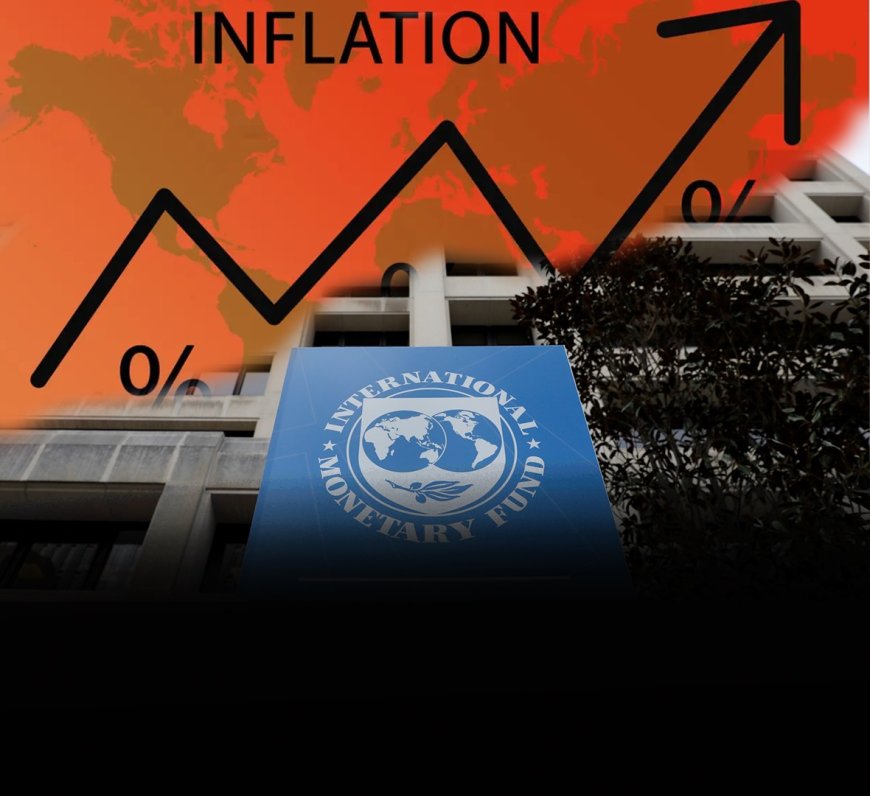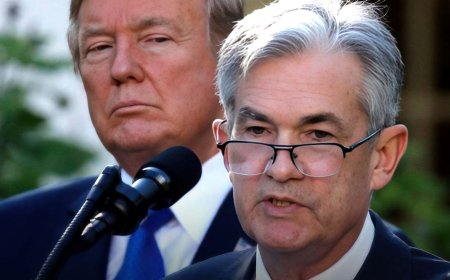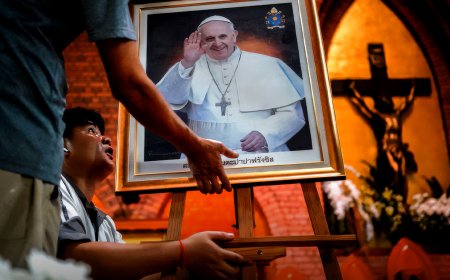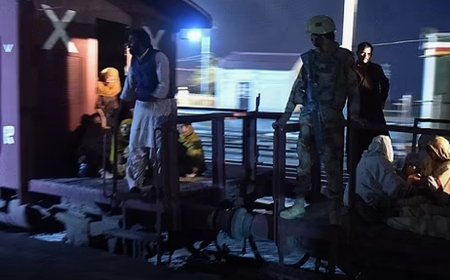Finance Minister Blames IMF-Backed Tariff Increases for Inflation Surge
Pakistan's Finance Minister links soaring inflation to IMF-backed tariff increases and currency depreciation, detailing efforts to curb costs and support vulnerable populations.

Pakistan's Finance Minister Muhammad Aurangzeb has acknowledged that the nation's soaring inflation is primarily due to a series of IMF-backed economic reforms, which included massive tariff hikes and currency depreciation. During his testimony before the National Assembly, Aurangzeb outlined how gas prices skyrocketed by 840%, electricity tariffs surged by 110%, and the currency lost 43% of its value under the IMF program.
Key Factors Driving Inflation
- Gas Price Hikes: Gas tariffs saw a staggering increase of 520% in November 2023, with an additional 319% rise planned for February 2024.
- Electricity Tariffs: A 35% rise in November 2023 and 75% hike in February 2024 contributed to the escalation of costs for households and businesses.
- Currency Depreciation: The 43% depreciation of the Pakistani rupee exacerbated the cost of imports, driving inflation even higher.
- Global and Local Economic Pressures: Rising commodity prices, along with the lingering effects of the 2022 floods, further strained the economy.
Inflation Impact and Government Measures
- Inflation Rates: Inflation peaked at 29.2% in FY2023, significantly impacting the purchasing power of the population.
- Government Actions: In an effort to manage inflation, the government introduced measures targeting cartelization, smuggling, and hoarding while offering reduced energy prices and welfare support for vulnerable segments of the population.
What's Your Reaction?











































































































